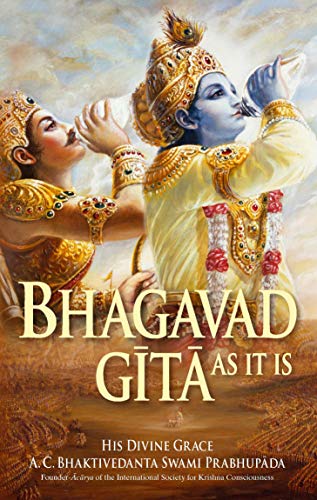Sublime
An inspiration engine for ideas
Sri Ramana's God is not a personal God, he is the formless being which sustains the universe. He is not the creator of the universe, the universe is merely a manifestation of his inherent power; he is inseparable from it, but he is not affected by its appearance or its disappearance.
Ramana Maharshi • Be As You Are: The spiritual teachings and wisdom of Sri Ramana Maharshi (Arkana)
The bija mantras prescribed to help bring vata back into balance are those that help calm the hyperactive qualities of this dosha. The first is Hrim (pronounced hreem), which is a specific mantra for the heart, emphasizing the physical health of the heart but also creativity and compassion. The second is Klim (pronounced kleem), which promotes bloo
... See moreKulreet Chaudhary • Sound Medicine: How to Use the Ancient Science of Sound to Heal the Body and Mind
Tradition has isolated four powerful formulaic utterances (mahavakyas) embedded in the early Upanishads. One is sarvam idam brahma, “All is Brahman” (Chandogya III.14.1), which states the foundation of mysticism: that everything is ultimately one.
Eknath Easwaran • The Upanishads (Easwaran's Classics of Indian Spirituality Book 2)
वेदानां सामवेदोऽस्मि देवानामस्मि वासवः ।
इन्द्रियाणां मनश्चास्मि भूतानामस्मि चेतना ॥
Among the Vedas I am the Sama-Veda; among the gods I am Vasava; I am mind among the senses; in living beings I am consciousness.
... See more

Brahman, from the root brih, “to expand.”
Eknath Easwaran • The Upanishads (Easwaran's Classics of Indian Spirituality Book 2)
section.) The Krama school of NŚT teaches that we can observe the divine acts of sṛṣṭi, sthiti, and saṃhāra in the arising and falling away of each and every cognition
Christopher D Wallis • Tantra Illuminated: The Philosophy, History, and Practice of a Timeless Tradition
Such an impression should be dismissed at once, for it implies a duality, an incompatibility, between Brahman and maya which is against the whole principle of Upanishadic philosophy. For Brahman is not One as opposed to Many, not simple as opposed to complex. Brahman is without duality (advaita), which is to say without any opposite since Brahman i
... See more